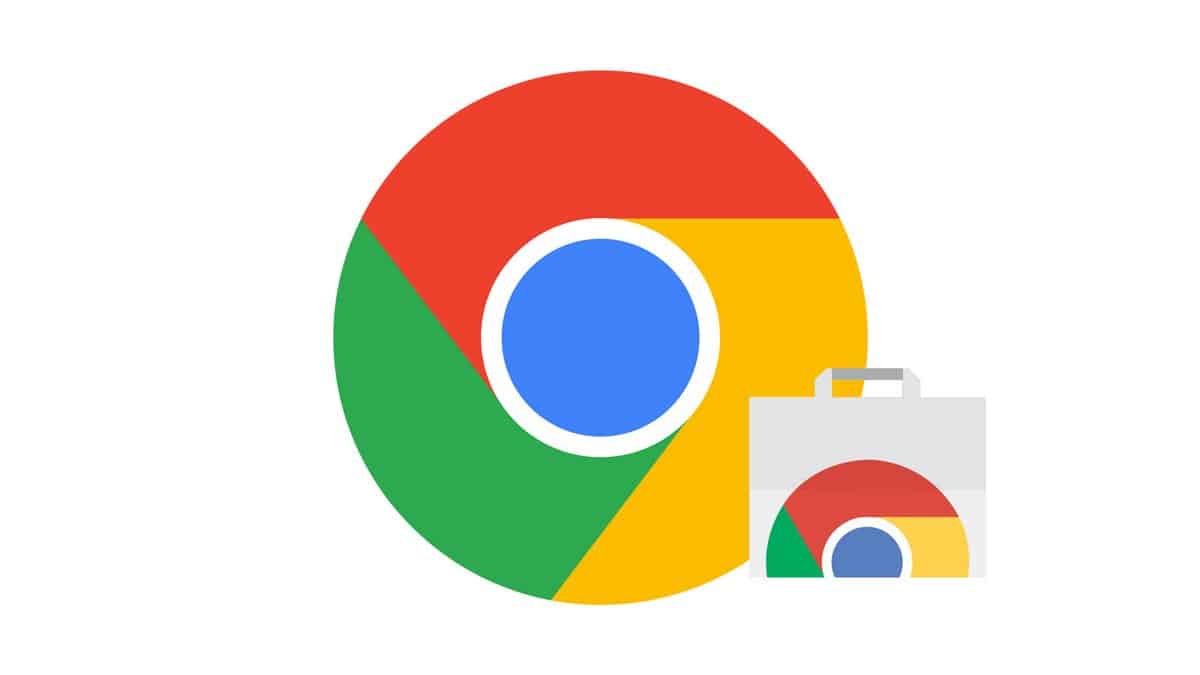Google wants to clean up the Chrome Web Store, the space that lists extensions for Chrome. More than 200,000 extensions are available in total according to Google. The company is tightening the rules for posting add-ons to the Chrome Web Store to combat spam. Until August 27, developers must bring additions to meet the new requirements, otherwise, their extensions will be removed from the store.
It is noted that the store has become the focus of attention of spammers and scammers who have begun to publish low-quality and misleading add-ons that do not perform useful actions, are imposed on users and focus only on drawing attention to certain services or products.
Google chrome extensions store: new hard rules

In order to combat manipulations that prevent us from evaluating the essence of the add-on, such as camouflage for well-known add-ons, providing false information about the functionality and creating fake reviews, the following changes are introduced in the Chrome Web Store:
- Developers cannot submit duplicate extensions anymore. (e.g. Wallpaper extensions that have different names but provide the user with the same wallpapers when installed.)
- Extensions are not allowed to use “keyword spam” techniques to flood metadata fields with multiple terms. In addition to having the extension listed across multiple categories to improve the extension’s visibility in search results.
- Developers are not allowed to use misleading, improperly formatted, non-descriptive, irrelevant, excessive, or inappropriate metadata. Extension metadata needs to be accurate, and Google intends to be strict about it.
- Developers are now forbidden from inflating product ratings, reviews, or install counts by illegitimate means, such as fraudulent or paid downloads, reviews, and ratings.
- Extensions that have only one purpose, such as launching a web page or an app, are not allowed anymore.
- Extensions that abuse browser notifications to spam users with ads or other messages have also been banned.
All developers have until August 27 to fix their extension in accordance with the new rules.





About time Google cleaned up this mess in its Chrome ecosystem